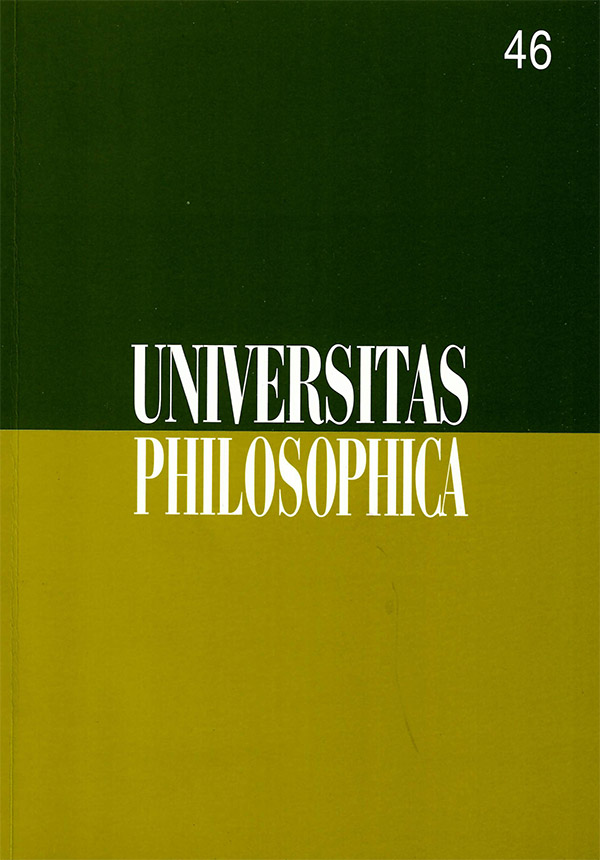Resumen
Los planteamientos de Ian Hacking han sido fundamentales para el giro que la Filosofía de la Ciencia ha hecho hacia el estudio de la práctica experimental. Hacking muestra cómo la filosofía se ha concentrado tradicionalmente en las representaciones de la ciencia dejando de lado las intervenciones. Pero precisamente el estudio de las intervenciones ofrece aportes claves para entender la usual posición realista que asumen los científicos en su trabajo. La práctica interventora permite cuestionar las teorías realistas y los planteamientos racionalistas, sin que esto suponga el abandono de criterios realistas en lo referente a los objetos con los que trabaja el científico. El sentido de la propuesta de Hacking no es la argumentación de un nuevo tipo de realismo, sino el proyecto amplio de pensar la ciencia no sólo como un conocimiento, sino como un proceso material de realización y de automoldeamiento estable de ideas y hechosEsta revista científica se encuentra registrada bajo la licencia Creative Commons Reconocimiento 4.0 Internacional. Por lo tanto, esta obra se puede reproducir, distribuir y comunicar públicamente en formato digital, siempre que se reconozca el nombre de los autores y a la Pontificia Universidad Javeriana. Se permite citar, adaptar, transformar, autoarchivar, republicar y crear a partir del material, para cualquier finalidad (incluso comercial), siempre que se reconozca adecuadamente la autoría, se proporcione un enlace a la obra original y se indique si se han realizado cambios. La Pontificia Universidad Javeriana no retiene los derechos sobre las obras publicadas y los contenidos son responsabilidad exclusiva de los autores, quienes conservan sus derechos morales, intelectuales, de privacidad y publicidad.
El aval sobre la intervención de la obra (revisión, corrección de estilo, traducción, diagramación) y su posterior divulgación se otorga mediante una licencia de uso y no a través de una cesión de derechos, lo que representa que la revista y la Pontificia Universidad Javeriana se eximen de cualquier responsabilidad que se pueda derivar de una mala práctica ética por parte de los autores. En consecuencia de la protección brindada por la licencia de uso, la revista no se encuentra en la obligación de publicar retractaciones o modificar la información ya publicada, a no ser que la errata surja del proceso de gestión editorial. La publicación de contenidos en esta revista no representa regalías para los contribuyentes.


